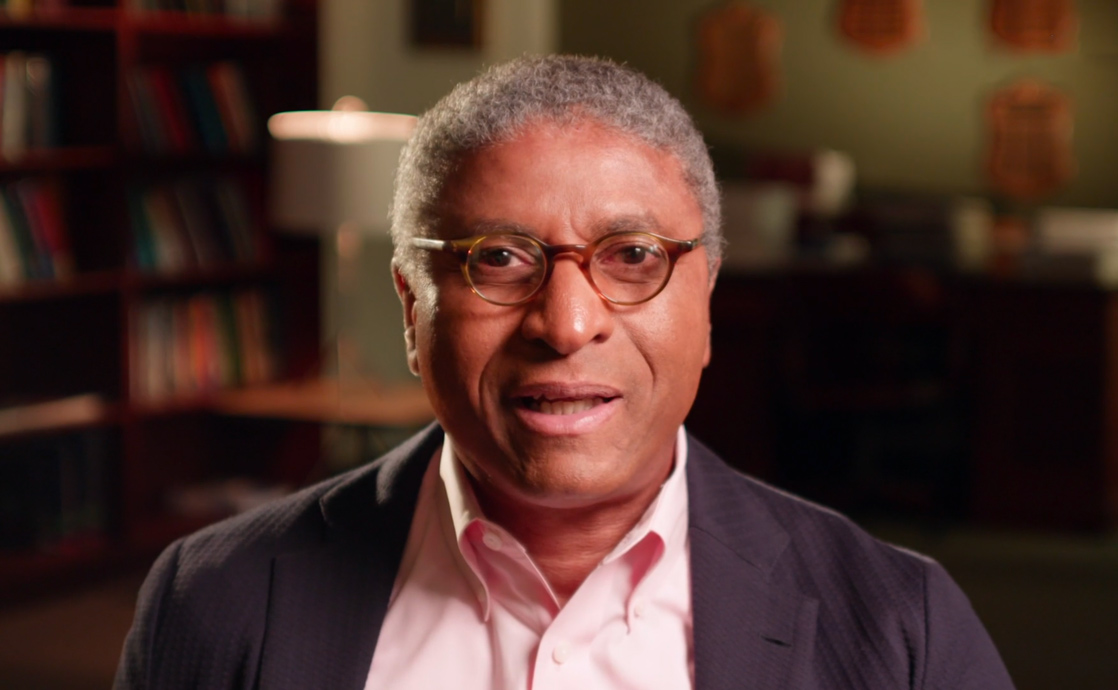In contemporary society, discussions surrounding racism have gained unprecedented urgency. The Bahá’í teachings present profound insights and frameworks for understanding and addressing racism within multifaceted contexts. This article will delineate various approaches rooted in spiritual and social principles that illuminate novel ways to engage in dialogue about racism. Following the comprehensive exploration, readers can anticipate a richer comprehension of both theoretical and practical strategies for fostering meaningful exchanges.
The Spiritual Underpinnings of Racism
The Bahá’í faith posits that the oneness of humanity is a fundamental principle. This belief serves as a pivotal touchstone in discussions about racism. Racism is fundamentally antithetical to the principle of unity, promoting division rather than harmony. It is essential to articulate how spiritual tenets provide a solid foundation for recognizing the inherent worth of every individual, regardless of their racial or ethnic background. By focusing on shared humanity, Bahá’í teachings compel adherents to transcend superficial distinctions and confront the underlying prejudices that fuel racism.
Redefining Language in the Dialogue on Racism
Language plays a crucial role in shaping perceptions and experiences. The Bahá’í approach advocates for a re-evaluation of the language used in discussing racism. Instead of incendiary or polarized rhetoric, the emphasis should be placed on inclusive and empathetic communication. This perspective urges individuals to employ dialogical techniques that foster understanding rather than defensiveness. Moreover, it cultivates an environment where emotional safety is prioritized, allowing individuals to express their experiences without fear of retribution or judgment.
Expanding Perspectives: The Importance of Intersectionality
A nuanced discussion on racism acknowledges the multifaceted nature of individual identities. Adopting an intersectional lens, as encouraged in Bahá’í discourse, means considering various dimensions such as socio-economic status, gender, and cultural background that interplay with race. By expanding the dialogue to include these intersections, conversations about racism can become more inclusive, acknowledging the diverse experiences that shape individuals’ interactions with the world. This approach not only promotes deeper understanding but also facilitates the recognition of systemic inequalities that compoundedly affect marginalized groups.
Engaging in Active Listening: A Prerequisite for Meaningful Dialogue
Active listening emerges as a cornerstone of effective communication about racism. This practice involves not merely hearing words but genuinely striving to comprehend the nuances behind them. In the context of Bahá’í teachings, active listening is synonymous with respect for others’ experiences and perspectives. It requires individuals to suspend their judgments and assumptions, creating space for an authentic exchange of ideas. When participants feel genuinely heard, it lays the groundwork for trust and openness, essential for addressing sensitive topics like racism.
Utilizing Storytelling as a Transformative Tool
Storytelling is a powerful conduit for human connection, often transcending theoretical discussions. Within the Bahá’í framework, sharing personal narratives becomes an invaluable tool for challenging preconceived notions about race. By recounting personal experiences related to racism, individuals can evoke empathy and foster understanding among listeners who may have different backgrounds. This technique humanizes abstract concepts, making the conversation about racism more relatable and resonant, thus encouraging greater engagement.
The Role of Community in Social Transformation
The Bahá’í teachings emphasize the import of collective action. It is within communities that effective and sustainable change regarding racism can manifest. Individuals are encouraged to collaborate and engage in community-building activities that promote social equity. This may include organizing events aimed at raising awareness about racism, initiating discussions in diverse gatherings, or even participating in service projects that bridge racial divides. Such initiatives not only educate communities but also cultivate a sense of solidarity, facilitating deeper understanding and collaboration.
Integrating Education and Advocacy
Education is a formidable instrument for dismantling racist ideologies and fostering a culture of respect and understanding. The Bahá’í community promotes educational programs that encompass rigorous academic inquiry paired with spiritual development. This dual-focus encourages individuals to critically analyze societal constructs surrounding race while fortifying moral imperatives to challenge injustices. Advocacy, therefore, becomes an extension of education—an active stance against racism that empowers individuals to speak out against discrimination and champion the cause of equality.
Commitment to Self-Reflection and Growth
A commitment to self-reflection is indispensable in the journey toward eradicating racism. The Bahá’í approach encourages individuals to engage in introspection and examine their own biases, privilege, and potential complicity in perpetuating systemic discrimination. By undertaking this difficult yet necessary work, individuals can cultivate greater self-awareness and understanding of how their actions and beliefs may impact others. This personal evolution is not merely individualistic but serves as a catalyst for broader societal transformation.
Conclusion: Pathways Toward a More Equitable Future
Learning new ways to talk about racism through the lens of Bahá’í teachings invites individuals to engage in a transformative dialogue rooted in spiritual principles, inclusive language, and active listening. By prioritizing community engagement and fostering narratives that challenge prejudices, society can pave the way toward meaningful change. The path forward may be intricate, but it is illuminated by the values of unity, compassion, and justice that lie at the heart of the Bahá’í faith. As discussions about racism continue to evolve, this holistic approach provides a robust framework for understanding and addressing the complexities of racial dynamics.
